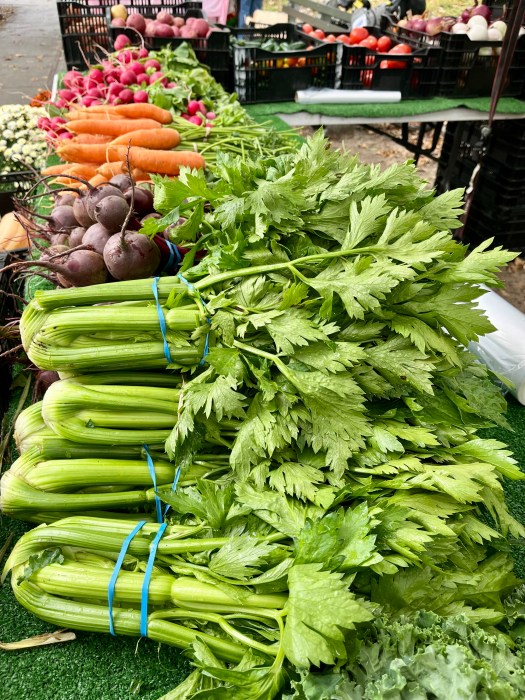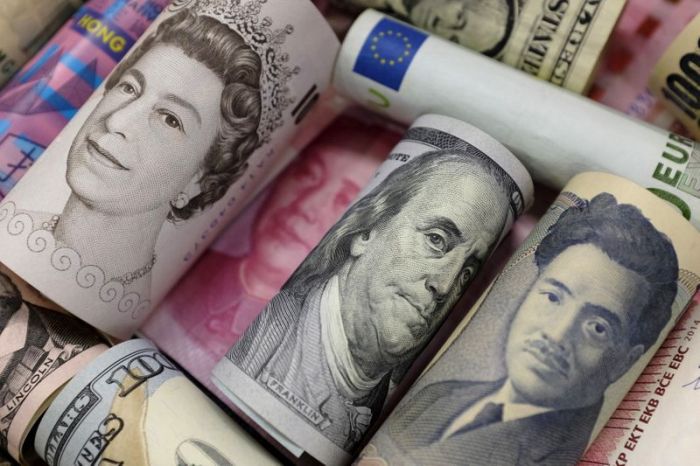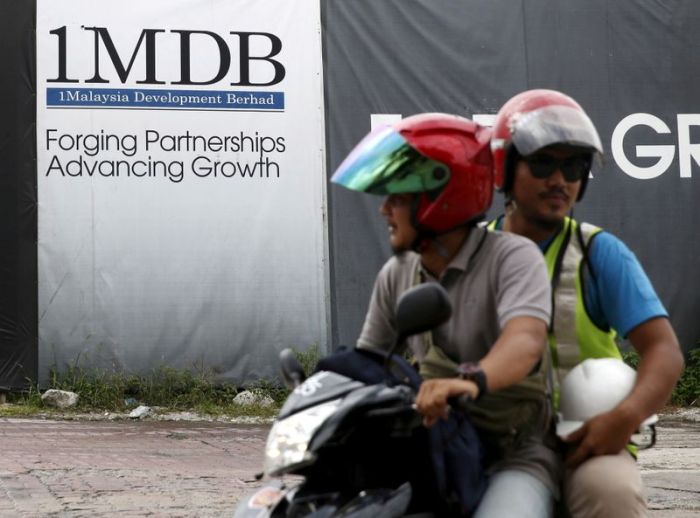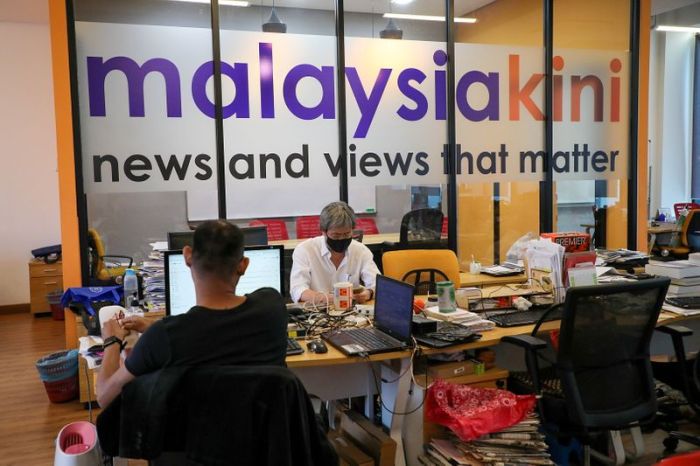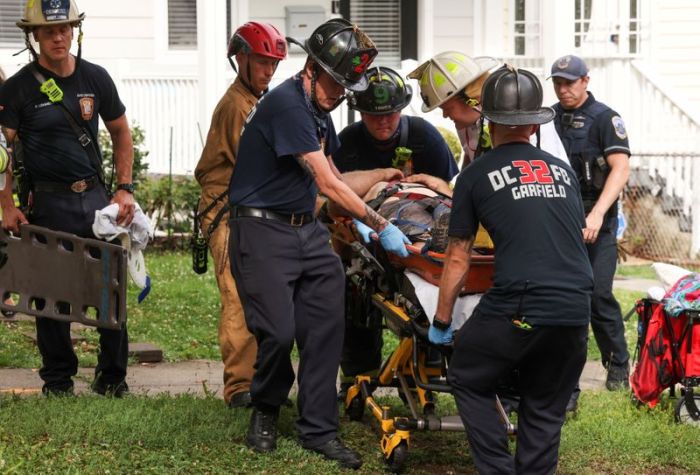By Antoni Slodkowski and Ju-min Park
TOKYO (Reuters) -Tokyo Olympics organisers will not insist on allowing spectators “at all costs”, the head of the Games organising committee said on Friday, amid concerns about a fresh wave of COVID-19 infections three weeks before the sports extravaganza begins.
Polls show many Japanese oppose holding the Olympics given warnings from health experts that it could unleash another wave of infections. Delayed by a year due to the pandemic, the Games are scheduled to start on July 23.
“It’s not that we want to organise the Olympics with spectators at all costs,” Tokyo 2020 organising committee President Seiko Hashimoto told a news conference.
She said the organisers wanted to press ahead with preparations to ensure the event could be held in a “safe and secure manner” that would restore the public’s trust.
Having decided to ban overseas spectators, the organisers have capped the number of domestic spectators at 10,000 per venue for the Games, or 50% of capacity, despite medical experts saying no spectators would be the “least risky” option.
Prime Minister Yoshihide said on Thursday that having no spectators remained a “possibility”. And on Friday, Tokyo Governor Yuriko Koike, at her first news conference after leaving hospital, where she was treated for exhaustion, also said having no spectators was an option if the pandemic worsened.
A decision on spectators will be made at five-way talks that will include the Tokyo governor and head of the International Olympic Committee (IOC), officials said. Kyodo news agency said those talks would be held on July 8.
Brushing aside concerns the Olympics could become a “superspreader” event, Sebastian Coe, president of World Athletics and a member of the IOC, told CNBC on Thursday the Games “will go ahead and they should go ahead”.
But the Euro 2020 soccer tournament – which has been blamed this week for a surge in COVID-19 cases as fans flocked to stadiums, bars and spectator zones across Europe – is likely to further fuel worries in Japan.
The World Health Organization, which is advising the IOC, urged caution so as to stem the spread of the coronavirus.
The WHO was learning from Euro 2020, said Maria van Kerkhove, WHO technical lead on COVID-19, adding: “If the virus is present and precautions are not in place the virus will spread.”
The governors of Chiba and Saitama prefectures near Tokyo have already urged organisers to ban spectators from night-time events in their localities. The Yomiuri newspaper said organisers were leaning toward accepting the requests.
Hashimoto said the organisers wanted to decide after discussing with the local authorities.
The governor of Hokkaido in northern Japan, meanwhile, has indicated he would prefer if people did not come to watch the marathon along its routes in the city of Sapporo and has asked organisers to come up with safety protocols.
The government is also expected to make a call next week on whether to lift a state of “quasi-emergency” in Tokyo and other parts of the country.
Japan is likely to extend by two weeks or more its COVID-19 containment measures in the greater Tokyo area after the current July 11 deadline, government sources have said.
Japan has not suffered the explosive COVID-19 outbreak seen elsewhere but the potential spread of more contagious variants and a slow initial rollout of vaccines have fuelled concerns, as only about 23% of the population has had at least one shot.
Tokyo recorded 660 cases of the virus on Friday, the 13th straight day of week-on-week gains.
Since the pandemic first struck, Japan has recorded more than 796,800 COVID-19 cases and over 14,770 deaths.
(Additional reporting by Linda Sieg; Writing by Linda Sieg; Editing by Himani Sarkar, Simon Cameron-Moore and Giles Elgood)



